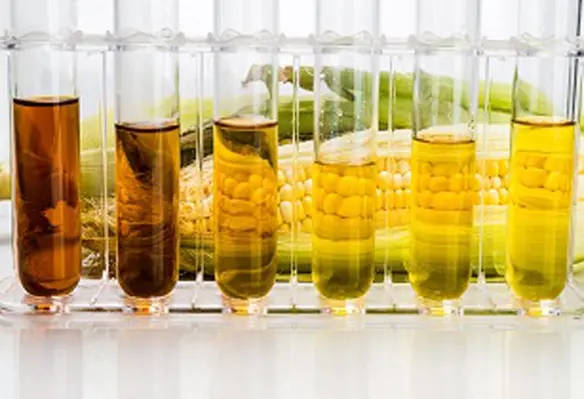Japan’s Ministry of Economy, Trade and Industry (METI) has released its final proposed rule for partial amendment of the Act on Sophisticated Methods of Energy Supply Structures on 30 March 2023 – in place through 2028 – that allows the country to further contribute to its climate targets through consumption of lower-carbon ethanol and, for the first time, will allow US ethanol to successfully access 100% of the Japanese biofuel market
The Act, which is reviewed every five years, featured timely and scientific updates regarding the life cycle assessment of US corn-based ethanol.
Japanese regulators revised the US corn ethanol carbon intensity score that allows US ethanol to fully access the entire bioethanol market – up from 66% access in 2021 based on continued improvement in reduction of carbon emission by the US ethanol industry.
The target volume for Japanese bioethanol consumption remains at 217 million gallons per year at an ethanol blend level of 1.9% utilised in the form of ethyl tert-butyl ether (ETBE).
In a joint statement, US Grains Council president and CEO, Ryan LeGrand; Growth Energy CEO, Emily Skor; and Renewable Fuels Association president and CEO, Geoff Cooper said, “The US ethanol community applauds the Japanese government for joining other countries in recognising the role ethanol can play in the global effort to address climate change at the same time it takes steps to decarbonise its transportation sector.
"Countries around the world are recognising that biofuels like ethanol are a simple, inexpensive and effective solution they can deploy today to help them lower their carbon emissions and meet their climate goals. We will continue to work closely with Japan and other nations to find more ways for us to collaboratively decrease carbon emissions. The US ethanol industry will engage with Japan on additional ethanol consumption efforts both within the on-road and sustainable aviation sectors as the country implements its new regulation.”




